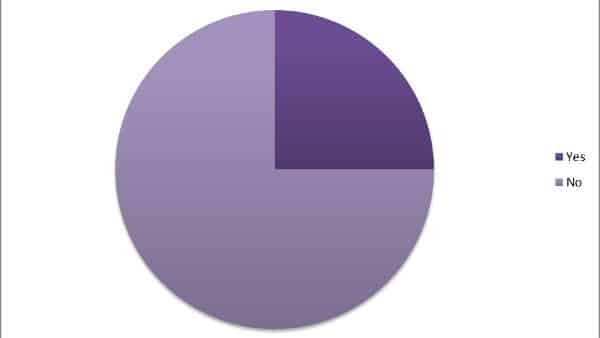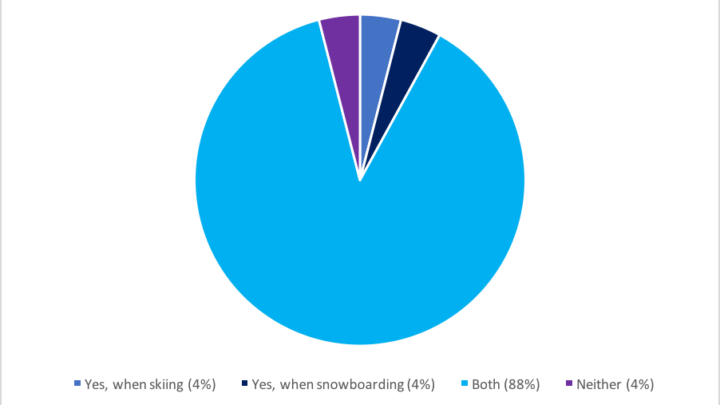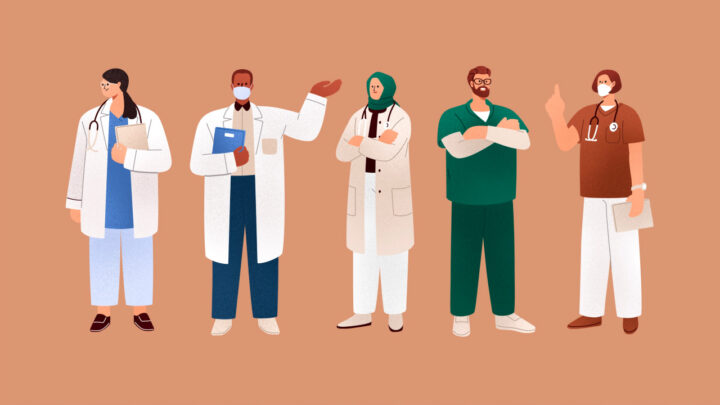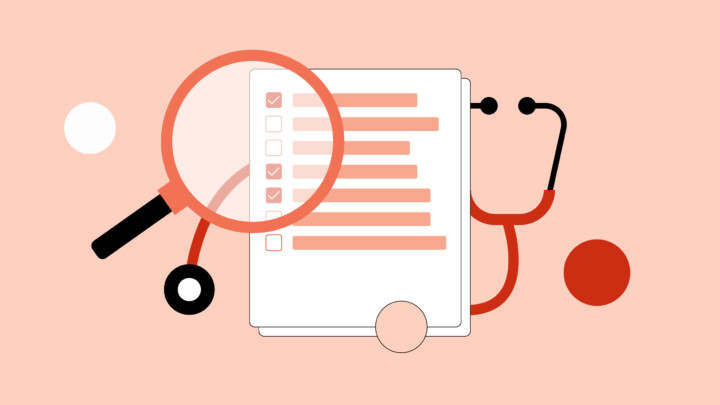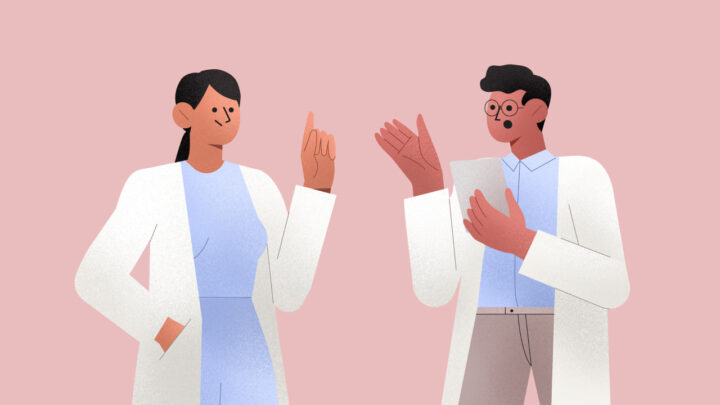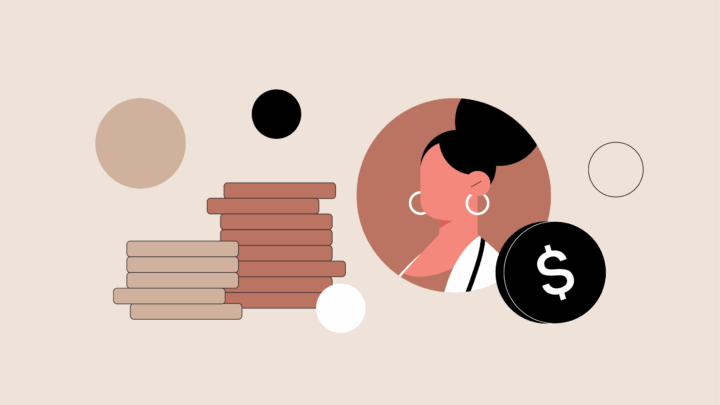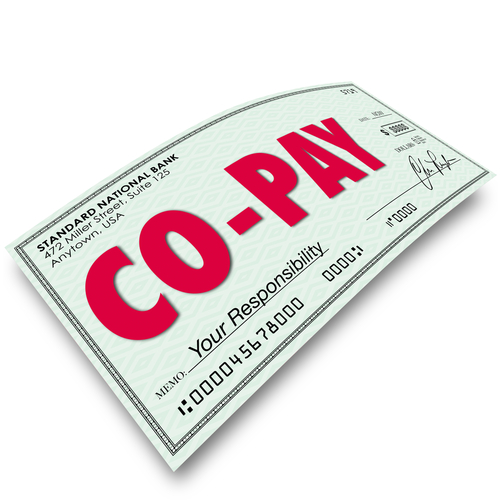
“Yet another area where docs are caught in between the devil and the deep blue sea. Not collecting [a copay] upfront and seeing the patient is actually considered Medicare fraud… [but] ethically and medico-legally you are obligated to provide continuity of care for a patient.” – Urology
Regardless of what insurance a patient has, almost everyone in the United States makes a copay when going to a doctor – but what are doctors to do when a patient cannot afford their copay?
A doctor from the US specializing in Ophthalmology and Genetics recently asked his fellow physicians on Sermo if they had ever encountered a patient who cannot pay the copay:
If a new patient doesn’t want to pay the co-pay, [that] is an easy decision. The patient is not seen.
[But] what if the patient pays the co-pay for the first visit but needs important follow-up and says they have no money for the co-pay until payday? If patients don’t pay the co-pay at the time of the visit, there is a big chance that they will never pay or take up a lot of staff time to collect later.
The follow-up is important enough that rescheduling the patient until after payday is risky from a malpractice standpoint.
Doctors are struggling to keep their practices afloat, and failure to pay is a serious issue, but at the end of the day physicians are there to practice medicine, support their patients, and put patients first. In response to the question above, many doctors asserted that the posting doctor should see that patient that can’t pay as an exception and just hope the patient pays the copay later:
“It can be very frustrating at times. No checks, no cash, no credit cards to pay co-pay. However, if they’re sick, you have no choice.” – Pediatrics
“You just have to hope that most patients pay. Let staff do the best collections they can. Ophthalmology is a high pay specialty; you will eke out a living somehow.”- Family Medicine
“I am assuming you are concerned the patient legitimately cannot pay. Do what is right for the patient’s health, but you can’t always tell who can’t pay.” – Anesthesiology
“I appreciate the patients who at least apologize and promise to pay when they can. I never turn anyone away who seems legit.” – Ophthalmology
“If the patient is legitimate and unable to pay I usually cut them some slack.” – General Practice
“If it’s urgent/emergent, you have no choice but to see patient as you’ve established a patient-doctor relationship. You will be at risk of being blamed for abandonment if u refused to see patient.” – Anesthesiology
“If the patient’s condition really is serious enough to warrant a worry about malpractice, I’d see them. You might be pleasantly surprised, and they pay after payday. If not, it will probably be worth seeing them for free so as not to worry about the patient, or a malpractice lawsuit.” – Emergency Medicine
Are you a doctor? Join Sermo to contribute to the conversation on the business and practice of medicine!

